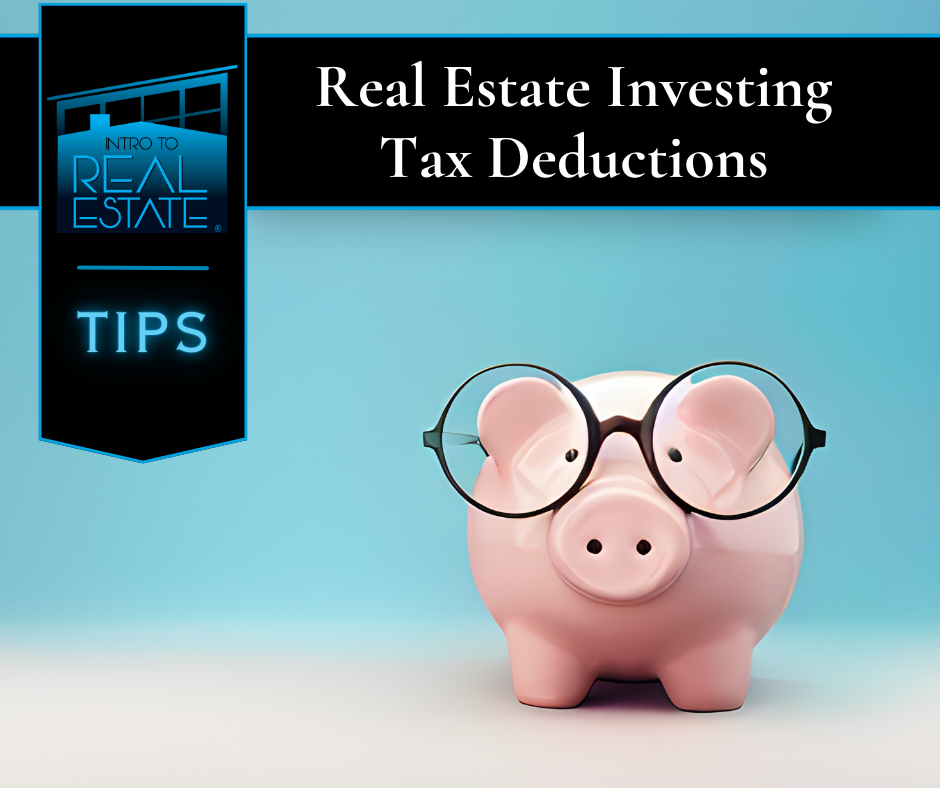There are many reasons why real estate is the best investment out there, including having an inherent demand, the ability to earn a passive income, and owning your own business. Perhaps the lesser known advantage is the tax benefits. In this article, we will review all you need to know about these benefits and real estate investing tax deductions.
What are real estate investing tax deductions?
Tax deductions are expenses you can deduct from your income to reduce the total amount of income you are taxed on. Tax deductions can potentially lower the bracket in which you are taxed, thus increasing the amount of money you get to keep. Say you earn $10,000 in income through your investment property, you will pay taxes on the full $10,000 if you do not deduct any expenses. However, knowing how to take advantage of real estate investing tax deductions will keep money in your pocket and help you as an investor.
Here are some examples of expenses that can be used as real estate investing tax deductions:
-
- Property taxes and insurance
- Mortgage interest
- Property management costs
- Property repairs and improvements
- Advertising expenses
- Legal and professional fees (such as an accountant or bookkeeper)
- Office expenses (including a home office)
- Travel and mileage expenses
- Real estate investment education
Pass-through tax deduction
Passive income is income you earn without having to actively participate. In real estate, this often means income you receive from rental payments. Through the The Tax Cuts and Jobs Act of 2017 (TCJA), ‘pass-through entities’ such as LLCs, S-corporations, partnerships, and sole proprietorships can get up to a 20% deduction on the passive income they receive. This is a huge advantage for real estate investors looking to put money back into their business.
Other tax benefits of real estate investing
As we have seen, there are several ways you can lower your total taxable income to save money for your business. Here are some other tax benefits of investing in real estate:
-
- 1031 Exchange: The 1031 exchange allows investors to defer taxes by selling one investment property and using the equity to purchase another property or properties of equal or greater value.
-
- Capital gains taxes: If you sell an investment property for more than you purchased, the profit you earn will be taxed as a short-term or long-term capital gains, which is typically a lower tax rate than ordinary income tax.
-
- Cash-out refinancing: This type of refinancing involves cashing-out on the equity you own on a property to get money on hand for renovations or other investment opportunities. These funds are not taxed but can be used to invest back into your business.
Intro To Real Estate
If you are interested in learning more about how to take advantage of real estate investing tax deductions or any other aspect of real estate investing, Intro to Real Estate has what you need to get started. Our Real Estate Educational Resources will provide you with the tools and knowledge for real life investing to ensure that you feel confident taking this leap. The courses are designed for all levels and learning styles and can be the first step to make your investments work for you.
To discuss more about how to get started on your real estate investing journey, book a complimentary consultation with Intro To Real Estate.
Wishing you great success in all you do!

